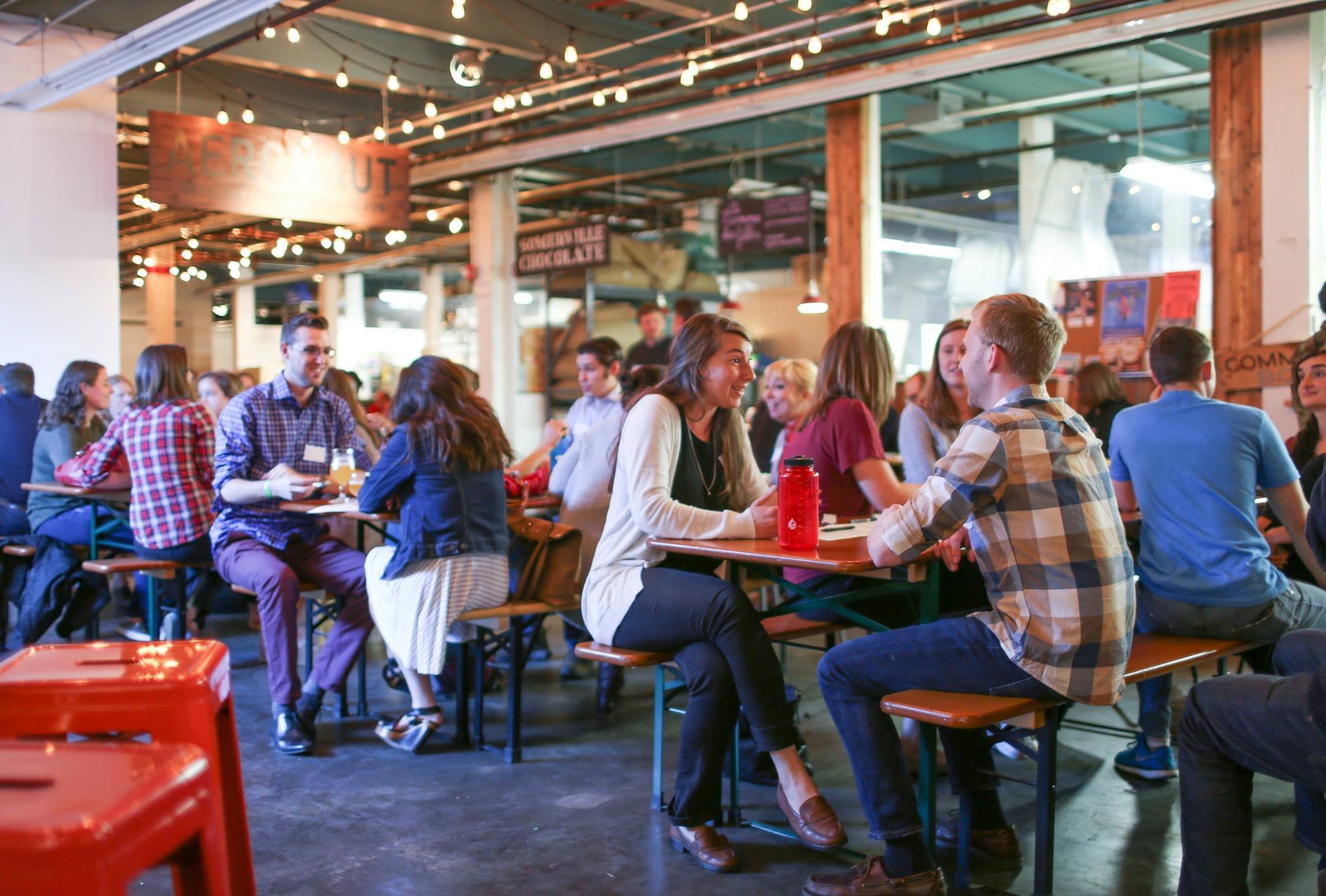Can You Really Trust AI for Advice? Why Human Connection Still Matters
Picture this: you’re lying awake, spiraling about a big decision. Instead of calling a friend, you start typing your worries into ChatGPT. I’ve done it, and maybe you have too. From relationship drama to career crossroads, more people are turning to AI for advice — and some are even calling it their “AI therapist.”
It makes sense. AI is quick, nonjudgmental, and available 24/7. But here’s the question: can a bot really give us what we need most?
Why People Are Turning to AI for Advice in 2025
Accessibility is the biggest draw. Therapy is expensive, friends are busy, and opening up to another person can feel vulnerable. A chatbot, on the other hand, is always awake, won’t interrupt, and won’t judge.
And sometimes it is useful. Need a list of pros and cons? AI’s got you. Looking for new coping strategies? You’ll get a neat, well-structured list in seconds. For many, it’s a first step: a way to test out sharing thoughts they might not say out loud to another human.
But advice alone isn’t what helps us grow — or heal.
What AI Can’t Offer
Here’s the thing: when we ask for advice, we think we want answers. What we usually need is connection. We need someone who can say, “I get it. That sounds tough.”
Research in psychology has shown again and again that one of the strongest predictors of healing is the relationship between client and therapist. This “therapeutic alliance” is about trust, empathy, and connection.
AI might be able to suggest breathing exercises or draft the perfect text, but it can’t notice when your tone changes, catch the pause in your voice, or sit quietly with you when you’re overwhelmed. It can generate words, but it can’t create a relationship.
The Risk of Outsourcing Advice
There’s hidden costs too. Every time a friend tells me something that they’re struggling with, that’s an opportunity for me to not only support them, but to get a bigger glimpse into their inner world and understand them better. And inevitably, I also get to share more of my inner world with them.
If we start outsourcing too much of our decision-making or emotional processing to bots, we lose opportunities to grow and strengthen friendships and relationships. Listening to each other, opening up, and supporting each other – these are the things that help us get closer – these are the things that help us feel seen, understood, and less alone.
Ironically, while AI tools sometimes promise to reduce loneliness, they can actually deepen it. The more we rely on bots, the less we lean on real people — and the more isolated we are.
Other Benefits of In-Person Connection
Meeting face-to-face offers benefits that go far beyond conversation. Research shows in-person connection improves mental health, strengthens the body, and even boosts brain function. Here’s how—and why:
Better Mental Health & Emotional Well-Being
Regular in-person contact protects against depression and loneliness, with people who socialize face-to-face reporting greater happiness than those relying mostly on digital communication OHSU
Cognitive & Brain Health
In-person social engagement helps maintain cognitive vitality. For older adults especially, being socially active—which means actually meeting people, participating in group activities, interacting in physical presence—is linked with better scores in memory and thinking tests, and a lower risk of cognitive decline. Harvard Health+1Sense of Belonging, Safety & Belief in Brokenness
Being physically with others fosters a sense of belonging and community that AI interactions rarely replicate. The ritual of showing up, sharing space, and being seen helps people feel more anchored, more supported, and more human. Membership in a community, knowing you matter to others, reduces anxiety and gives resilience when life gets hard. Mercy Medical Center+1Stress Reduction & Better Sleep
Real-life social contact has been shown to reduce stress levels. Physical interactions can lower the physiological markers of stress, help people feel more relaxed, and even improve sleep quality. ScienceDirect+1
The Bottom Line
AI can be a great tool for brainstorming, reflecting, or organizing your thoughts. But when it comes to healing, growing, or navigating life’s hardest choices, nothing replaces the connection we find with other people.
Because at the end of the day, advice can help — but connection heals. My suggestion? Challenge yourself to first try to reach out to a friend or a loved one. Feel free to use AI tools for advice or brainstorming when the need arises, but then at some point, make sure to follow that up with a friend or loved one — tell them about the problem, the suggestions you liked, and where you’re at now. Don’t let the convenience of AI block you from real, authentic human connection.
If you’re ready to trade polished chatbot answers for real conversations, check out an upcoming Skip the Small Talk event near you (or online). You’ll leave with more than just advice — you’ll leave with connection.
Folks at an actual Skip the Small Talk event I hosted!


